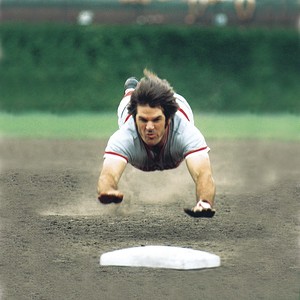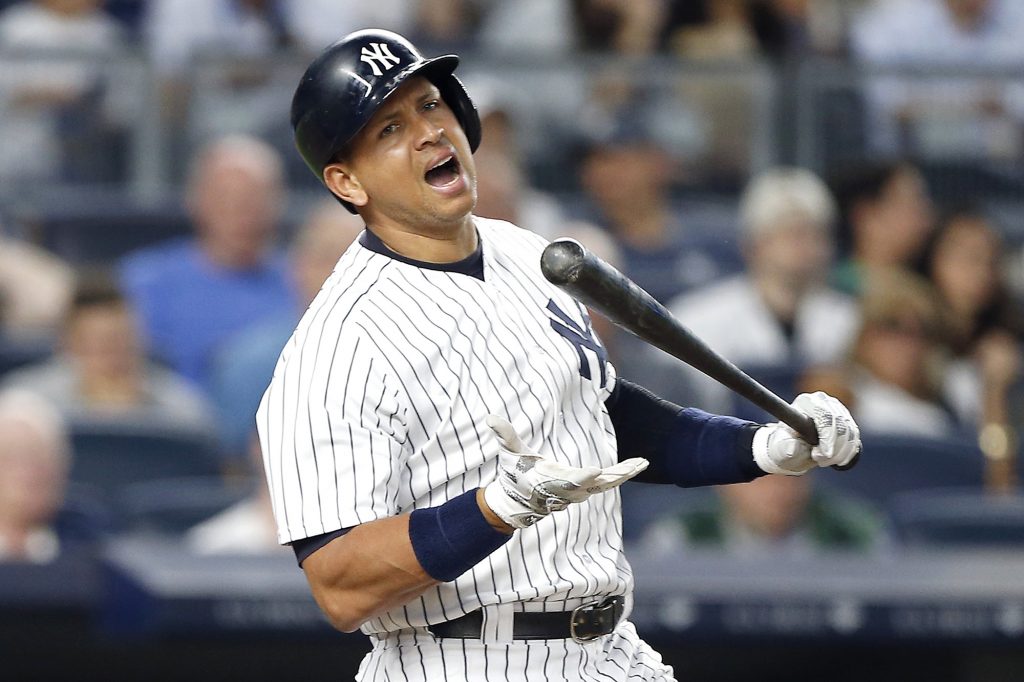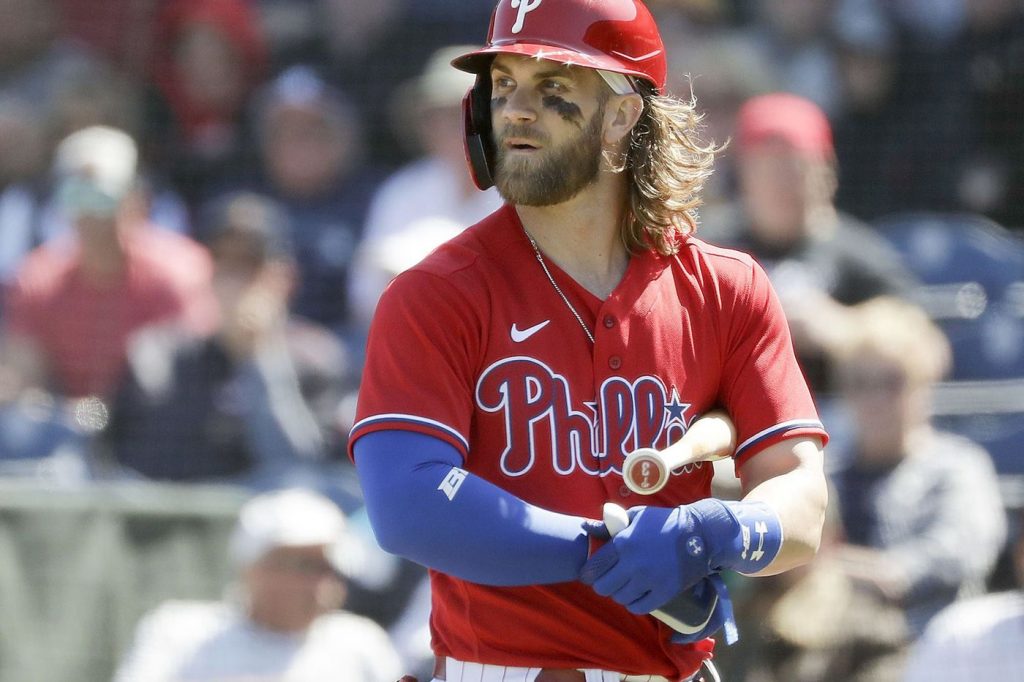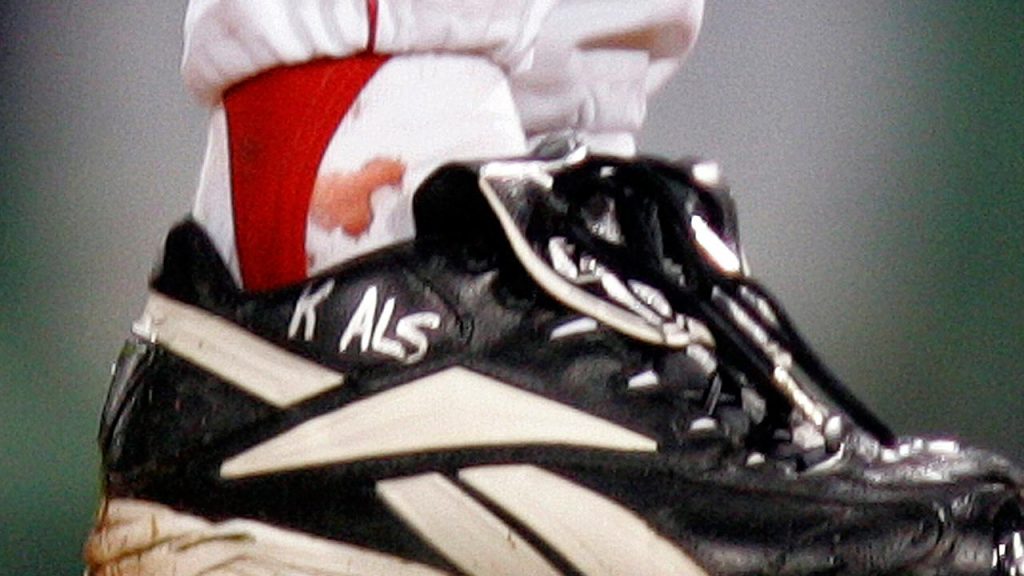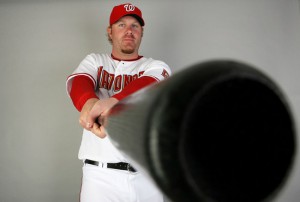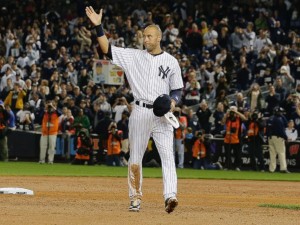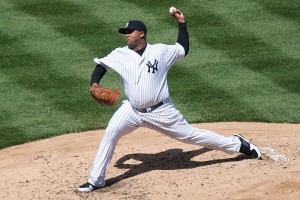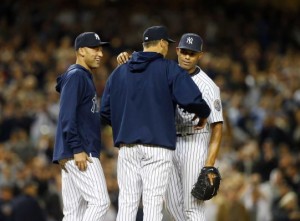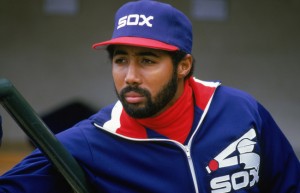Filed away in the general category of, “providing a solution to a problem that didn’t exist before yesterday,” for reasons inexplicable yesterday the MLB commissioner announced that all players who are on the “permanently ineligible” list will exit said list upon death, and thus be eligible for consideration for the Hall of Fame by one of the various selection committees in place.
Since I write a baseball blog, I’ll put in my 2 cents for the record, and it kinda goes like this:
“While I have an opinion, that I’m about to state, this is not really the hill upon which I will choose to die. If you disagree with my take, i’m not gonna argue that you’re wrong and I’m right or vice versa.”
One of the dirty little secrets of every single Hall of Fame argument, whether its about Pete Rose or Shoeless Joe Jackson, or about the litany of PED-associated players (Bonds, McGwire, Sosa, Clemens, A-Rod, Manny) is this: when you actually visit the Cooperstown museum and walk around it … guess what? ALL of these guys have memorabilia scattered amongst the exhibits, they have their pictures and stories and gear memorializing their play. So, like it or not, these guys are “in” the Hall of Fame already. They just don’t have their bronze bust hanging on the walls of the well-lit corridor at the end of the tour.
Is it amazingly important to withhold the creation of these bronze plaques in order to penalize players for past actions? For many, yes. For whiny, self-important BBWAA sports writers, apparently so. For me? Meh. I’m absolutely not someone who will gaslight you and claim that Jackson didn’t throw the 1919 series by quoting his slash line from the series (because I’ve played the game and absolutely know you can “throw” your ABs in key spots to help lose a game), and I’m not going to make some ridiculous argument that because MLB now partners with Fanduel that Rose’s betting transgressions should be expunged like a Catholic who ate meat on Fridays in the 1960s before the Pope said it was ok.
I’m on record supporting PED-players “for the hall” because … well they’re amongst the best who ever played, and what’s the point of a museum honoring the best who ever played if they’re not actually recognized?? I suppose you can make the same claim for Rose and Jackson, despite what they did. You have to ask yourself: is the purpose of that hall of plaques to be a museum or to be a political statement?
If it was me, I’d select them all and write it in clear text what they did and why they’re controversal. That’ll solve the problem in an instant. Here’s how i’d write Roses’ right now:
“Pete Rose is the all time MLB hits leader [of players who didn’t start their careers in Japan, ahem Ichiro Suzuki], won the ROY and an MVP, and was famous for his tough-nosed playing style, which earned him the nickname “Charlie Hustle.” He also was banned for life when found to have bet on baseball games while managing the Cincinnati Reds and refused to accept responsibility for his involvement for decades, dying while serving a lifetime ban from the sport.”
And then i’d go on with my life, because we spend an awful lot of time arguing about this stuff for what it really is: a dinky museum in upstate NY that’s super hard to get to and which most of us will never see.
